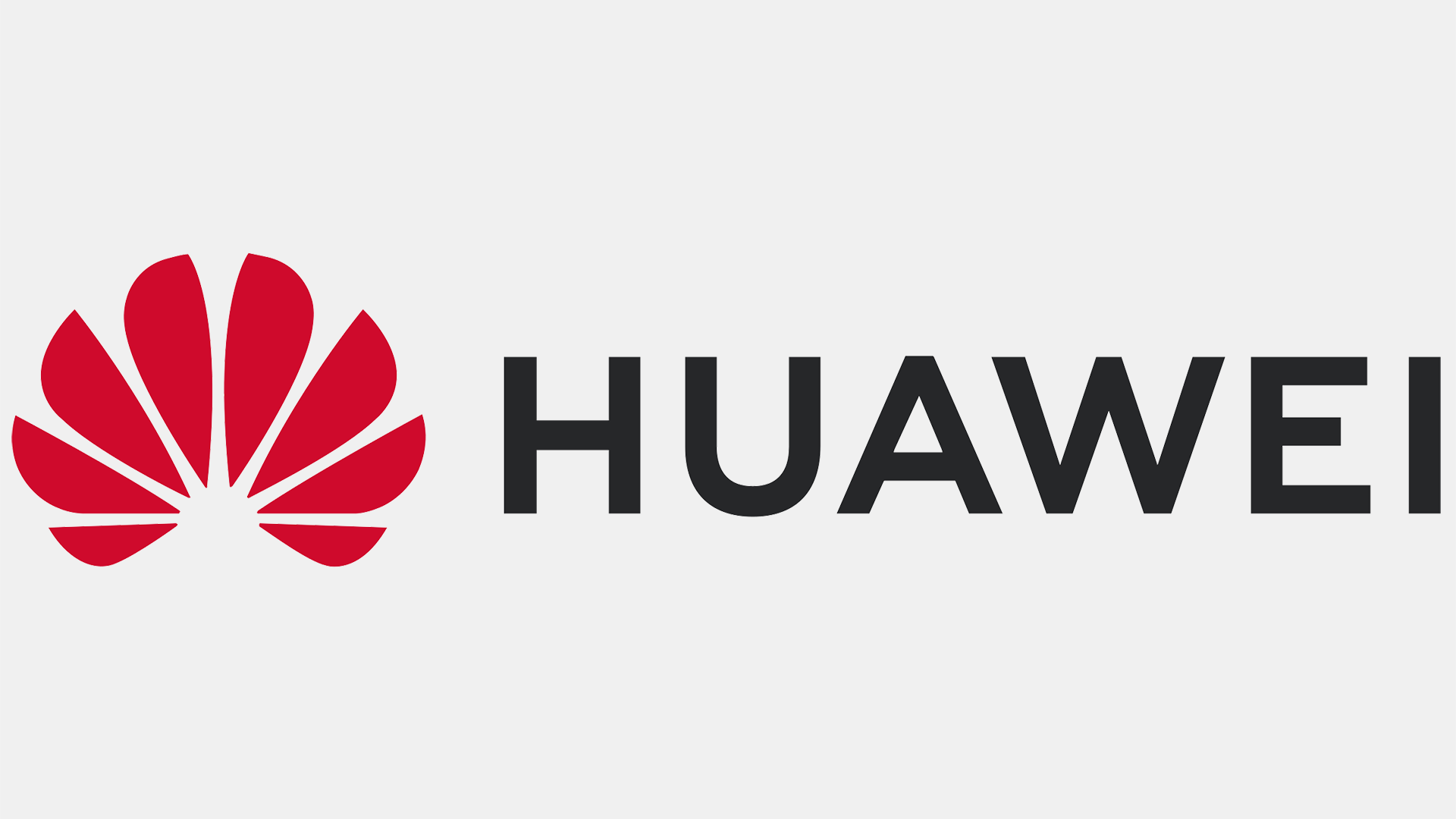Huawei is secretly backing research at U.S. and U.K. universities again — Chinese tech giant continues to draw ire
Huawei's name wasn't on a research competition it sponsored.

American and British lawmakers are seeing red as Chinese tech giant Huawei has been found to be funding a major college research competition, a new revelation atop their recently discovered private donations and grants to universities on both sides of the pond.
Huawei, the telecommunications giant that Congress and Parliament alike have blacklisted, is the sole donor behind a research competition involving students from schools including Harvard which has given out millions of dollars in awards since 2022, Bloomberg reports. Because of Huawei's non-disclosure agreement with the Optica Foundation, the nonprofit administering the award, entrants to the contest included students at schools who have barred their students or faculty from having any link to Huawei. The Optica Foundation found that enlisting Huawei as a corporate sponsor of this competition fell in line with their internal ethics reviews, even as Huawei officially requested to be left a secret partner in the award which dispenses $1 million per year — 20 times more money than the next highest-paying award.
Huawei's efforts to silently fund the Optica Foundation Challenge is concerning for some, especially lawmakers, but it is not as sneaky or underhanded as the typical ways foreign entities typically interact with schools. $2.32 billion in contracts were directly extended to U.S. colleges by Chinese entities between 2012 and 2024, according to the Wall Street Journal. Some of these contracts include auto companies funding research on automobiles at the University of Michigan, located miles away from Ford's headquarters, or China's top three government oil companies funding research at UT-Austin. China is only the fourth biggest donating country to American universities; Qatar and Israel both donate significant sums to U.S. colleges.
China's high payouts to U.S. entities are cause for concern among American lawmakers, who fear all Chinese activity is linked to their military. Huawei's use of Intel 'Meteor Lake' processors in their latest laptop release has drawn intense criticism from American lawmakers who consider Intel and Huawei's contract dangerous and frustrating. Similar lawmakers have also moved recently to ban any Chinese companies or citizens from accessing American cloud computing servers for AI model training, or being able to use the RISC-V instruction set, an open-source standard for processor instructions not even based in the U.S. This trade war America wages against China is not without reason, but it is also not entirely watertight, with China claiming the real concern is not security risks but the risk of America losing world market dominance to a different nation.
The Optica Foundation Challenge is based on using light waves to solve problems in the environment, health, and information; only one of these three pillars is even tangentially related to Huawei's interests. It is possible Huawei is involved in this competition for the pure good of funding better research. Equally likely is the possibility of malicious intent. We are unlikely to find a perfect answer to this query, but rest assured that American and British lawmakers alike will shortly be using it as ammunition in their anti-Chinese tech offensives.
Get Tom's Hardware's best news and in-depth reviews, straight to your inbox.

Sunny Grimm is a contributing writer for Tom's Hardware. He has been building and breaking computers since 2017, serving as the resident youngster at Tom's. From APUs to RGB, Sunny has a handle on all the latest tech news.
-
Avro Arrow I don't get why this article is targeting Huawei because Huawei isn't doing anything wrong from their perspective. The targets of this article should be the US and UK-based entities who are perfectly willing to engage with companies like Huawei because from their perspective, they ARE doing something wrong.Reply
As long as Western entities are willing to engage with China, none of this will stop. As long as articles with the same "China is always bad, US is always good" political slant that completely miss the point like this one keep getting published, none of this will stop.
In the case of Huawei's name not being on research that it sponsors, does that mean that the researchers don't know what they're being funded by Huawei or that they do know but are covering it up? If it's the former, then I don't care because the results of the research aren't generally disclosed to anonymous donors. If it's the latter, then universities like the aforementioned UT-Austin should be barred from accepting said grants and university competitions should be banned from accepting any Chinese money.
I personally don't have a problem with it but if they want to make a stink about it, then make it illegal to accept said donations. That will do far more to eradicate the problem than articles complaining about the fact that Huawei sponsored these institutions and events.
Remember, IT TAKES TWO to complete any transaction. -
NinoPino For me, in the article is not clarified what is the threat in case of Huawei's anonymous financing of these competitions.Reply
What change from using Americans dollars or Chinese dollars ? If the results of the research are done by US students, filtered by US colleges and produce US patents, I really do not understand the problem.
Please, someone can explain this ? -
bill001g If it is technical research where all the results are public does it really matter who is paying. It only matters when the research could be used for political purposes is important to know who funds it.Reply
Nothing really new. The sugar producers fund research that shows artificial sweeteners cause cancer and the artficial sweetener companies pay for studies that show drinks using sugar causes all kinds of heath problems trying to get governments to tax or ban sugar products. -
Colif One of those two countries hardly innocent of the activity they suggest other side is doing.Reply
They probably all do it but its only bad if someone else does.